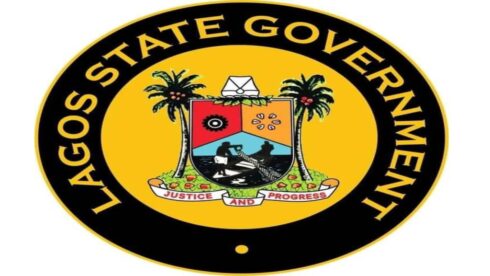The Minister of Interior, Dr. Olubunmi Tunji-Ojo, has urged for the harmonization of the National Identification Number (NIN) and the Tax Identification Number (TIN) to facilitate easier access to information and boost taxable income for the government. This move is aimed at improving the efficiency of the country’s identification and taxation systems.
By harmonizing NIN and TIN, the government can reduce the burden of multiple identification requirements on citizens and ensure a more seamless exchange of information between relevant agencies. This integration is expected to enhance the accuracy of taxpayer information, reduce fraud, and increase tax revenue for the government.
The Minister of Interior, Dr. Olubunmi Tunji-Ojo: Harmonization to Enhance Tax Compliance
The harmonization of NIN and TIN is expected to improve tax compliance and reduce the country’s tax gap. By linking the two identification numbers, the government can easily track taxpayers’ income and ensure that everyone contributes their fair share to the national treasury. This move is also expected to reduce the burden of tax evasion and fraud on the country’s economy.
The harmonization of NIN and TIN is a critical step towards achieving the government’s goal of increasing tax revenue and enhancing tax compliance. By streamlining the identification and taxation systems, the government can reduce the complexity and costs associated with tax administration, making it easier for citizens to comply with tax laws.
The Minister of Interior, Dr. Olubunmi Tunji-Ojo: NIN and TIN Harmonization to Boost Economic Growth
The harmonization of NIN and TIN is expected to have a positive impact on the country’s economic growth. By improving tax compliance and reducing fraud, the government can increase its revenue and invest in critical infrastructure and social services. This move is also expected to enhance the country’s business environment, attracting more investors and creating jobs for citizens.
The harmonization of NIN and TIN is a critical step towards achieving the government’s goal of diversifying the country’s economy and reducing its reliance on oil revenue. By improving the efficiency of the taxation system, the government can increase its revenue from non-oil sources, reducing its vulnerability to fluctuations in the global oil market.
The Minister of Interior, Dr. Olubunmi Tunji-Ojo: Government to Leverage Technology for Harmonization
The government plans to leverage technology to harmonize NIN and TIN. This move is expected to enhance the efficiency and accuracy of the identification and taxation systems, reducing the risk of fraud and errors. By leveraging technology, the government can also reduce the costs associated with tax administration, making it easier for citizens to comply with tax laws.
The government has already made significant investments in digital infrastructure, including the development of a national identification database and a tax administration software. These investments are expected to enhance the efficiency of the harmonization process, reducing the time and costs associated with integrating the two identification numbers.
The Minister of Interior, Dr. Olubunmi Tunji-Ojo: Harmonization to Enhance Transparency and Accountability
The harmonization of NIN and TIN is expected to enhance transparency and accountability in the country’s taxation system. By linking the two identification numbers, the government can easily track taxpayers’ income and ensure that everyone contributes their fair share to the national treasury. This move is also expected to reduce the risk of fraud and errors, enhancing the credibility of the taxation system.
The harmonization of NIN and TIN is a critical step towards achieving the government’s goal of enhancing transparency and accountability in the country’s taxation system. By improving the efficiency and accuracy of the identification and taxation systems, the government can increase public trust and confidence in the taxation system, encouraging more citizens to comply with tax laws.
The Minister of Interior, Dr. Olubunmi Tunji-Ojo: Harmonization to Benefit Citizens and Businesses
The harmonization of NIN and TIN is expected to benefit both citizens and businesses. By reducing the burden of multiple identification requirements, citizens can easily access government services and conduct business with ease. Businesses can also benefit from the harmonization, as it reduces the complexity and costs associated with tax administration, making it easier for them to comply with tax laws.
The harmonization of NIN and TIN is a critical step towards achieving the government’s goal of creating a business-friendly environment. By improving the efficiency and accuracy of the identification and taxation systems, the government can attract more investors, create jobs, and stimulate economic growth.
Table of Contents
Discover more from OGM News NG
Subscribe to get the latest posts sent to your email.













